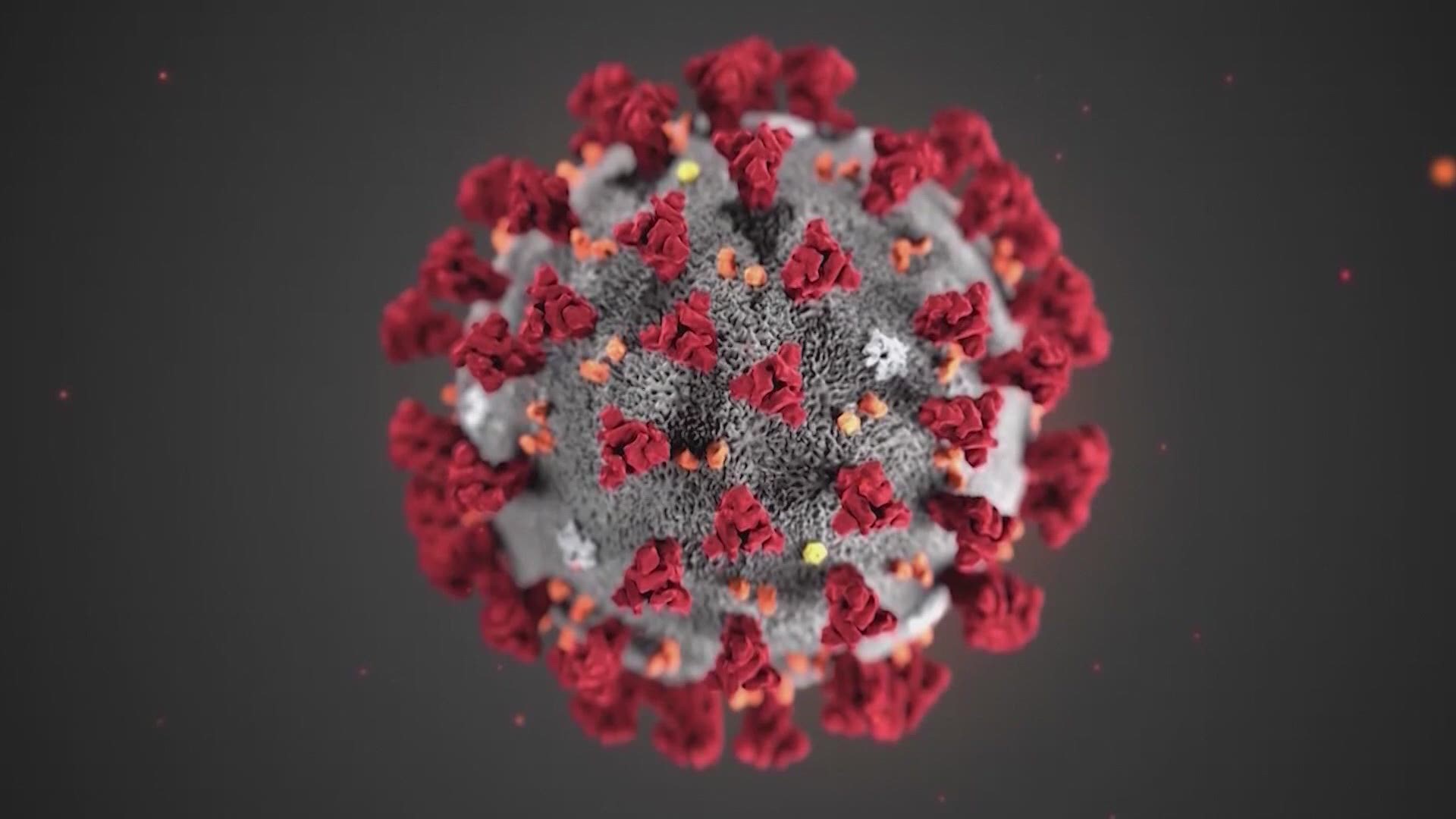MAINE, USA — Throughout the coronavirus pandemic, you've likely heard the term, 'herd immunity' in reference to how we can overcome the virus.
But is 'herd immunity' possible without a vaccine?
The short answer is yes, but scientists say it's not what we should strive for because the pandemic would have to get exponentially more severe for that to happen.
Herd immunity is achieved when approximately 70-85 percent of people have experienced the virus and developed an immune response -- either through a vaccine or by getting infected.
Currently, generous estimates say approximately 5 percent of the United States population has been infected with COVID-19, making the country far from reaching the thresh-hold.
President of Bar Harbor's Jackson Lab Dr. Ed Liu says, "If you believe that you can just let the pandemic rage to get herd immunity, I think that's pretty inhumane."
"To achieve [herd immunity] without a vaccine is not the type of environment that I want for my children and my family because people will die and people will be debilitated if you just let this pandemic rage."
To put it in context: As of August 5, more than 4.8 million Americans have been infected with COVID-19 and more than 160,000 people have died from the virus.
Without a vaccine, more than 200 million Americans would have to get infected before we reach the herd immunity threshold. At the current death rate, that means more than 6 million people could die.
Liu says, "Even if you say 1 percent is dispensible, as cruel as it may be... Here's the second thing we're learning about now, even if you survive COVID-19, there's a number of people who have chronic illness afterward."
What public health officials and the science community is hoping for is achieving herd immunity through vaccines.
With 70-85 percent of the community immune through vaccination, the spread of the virus will slow, with the ultimate goal of it dying out.

